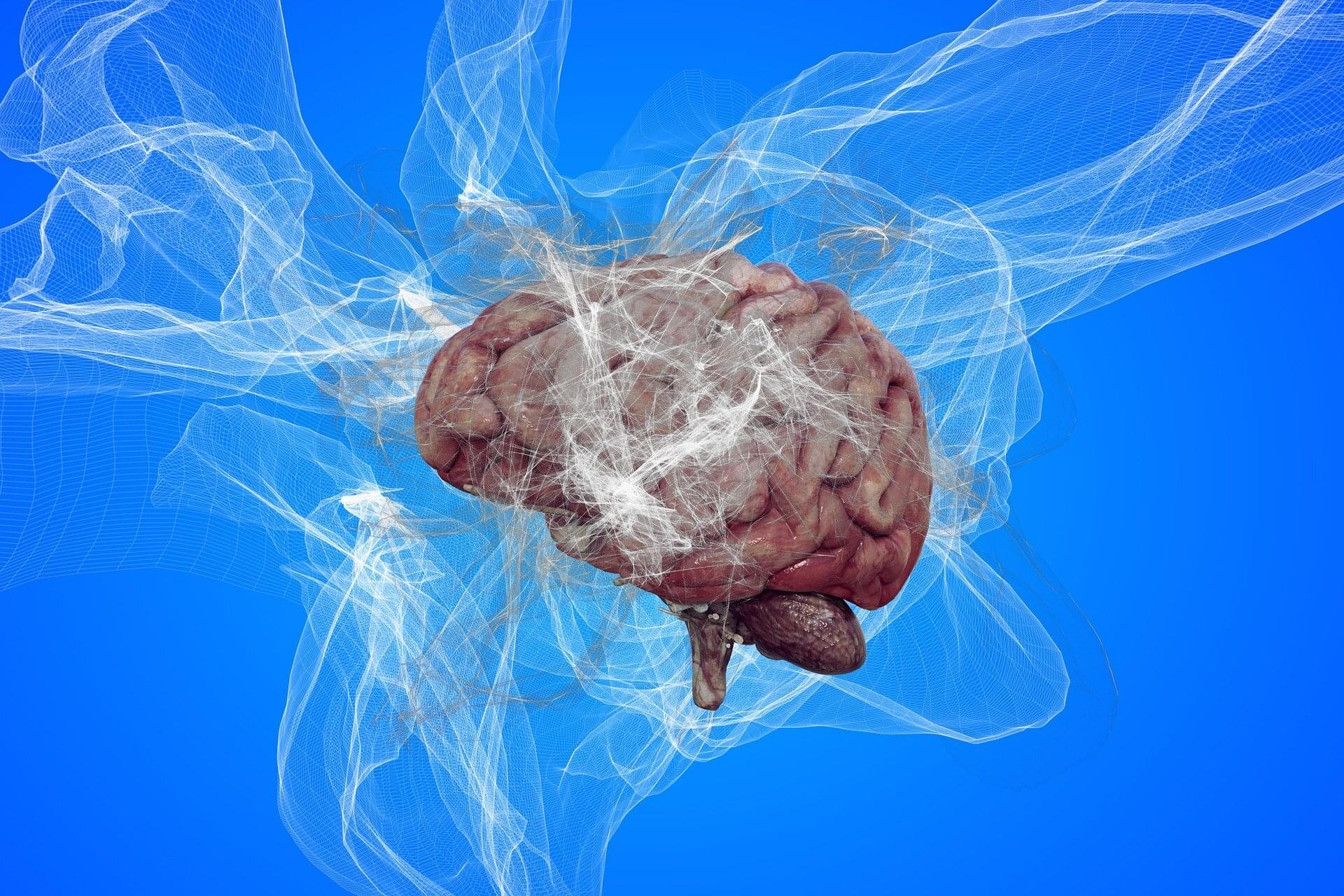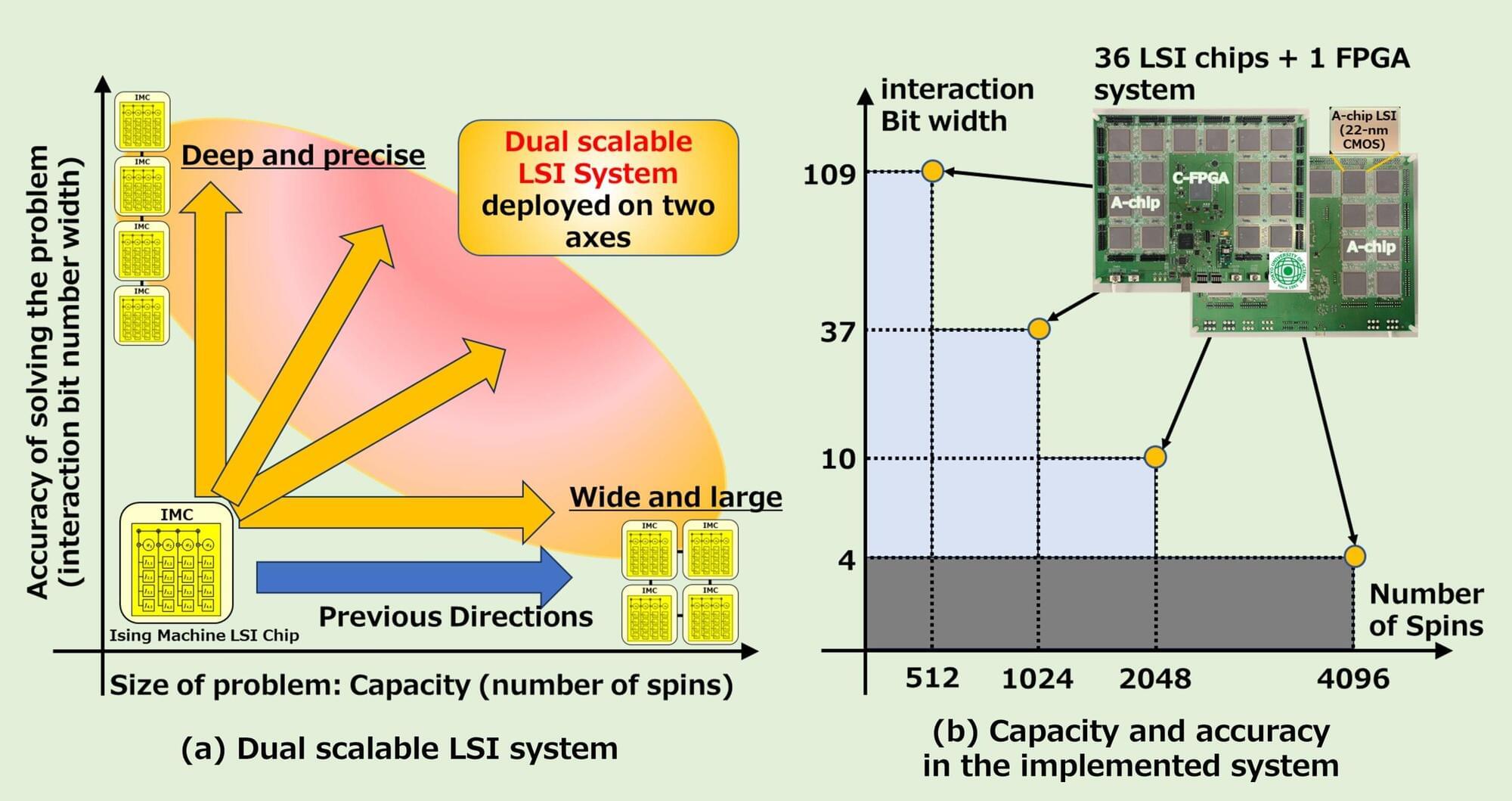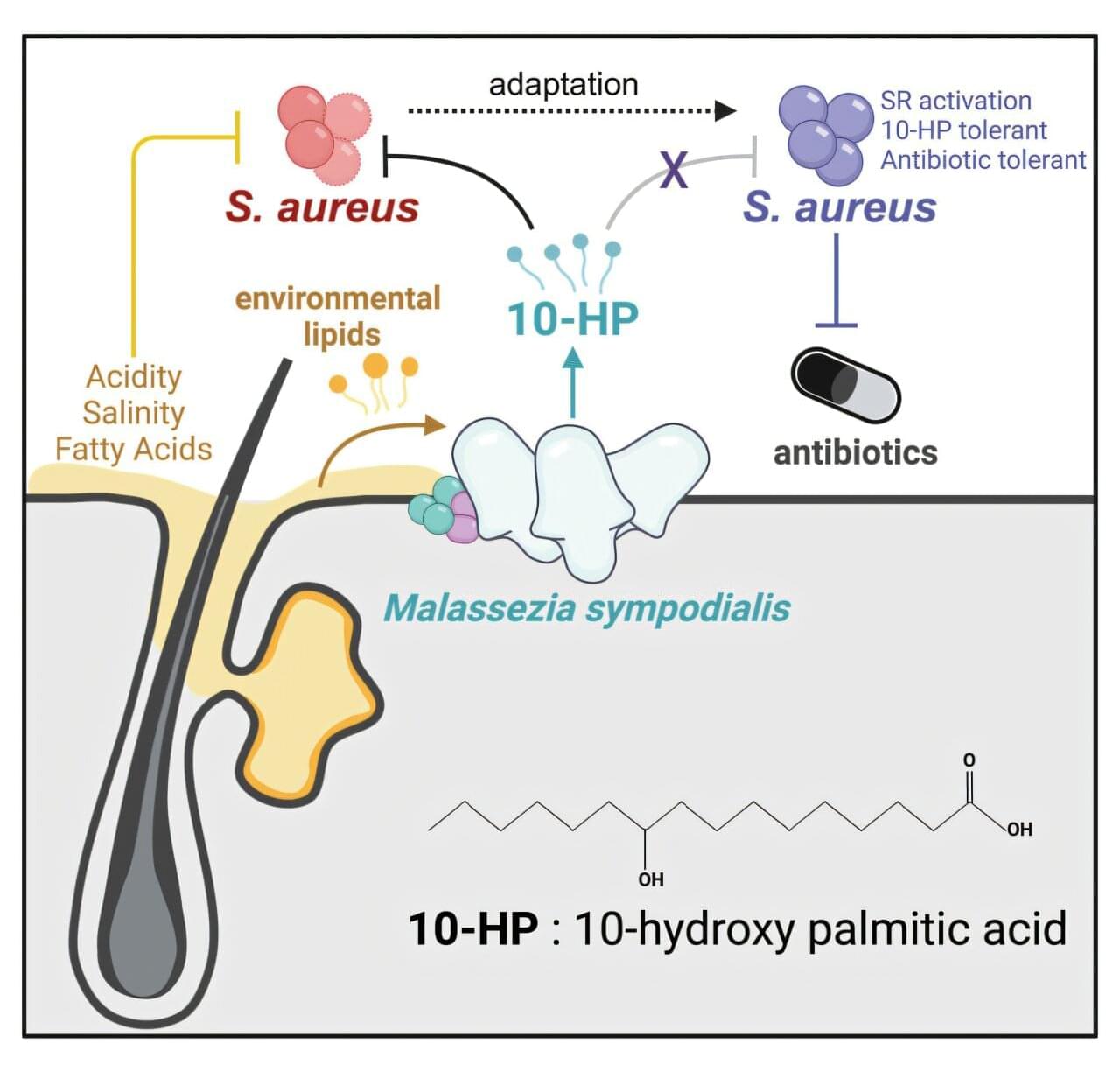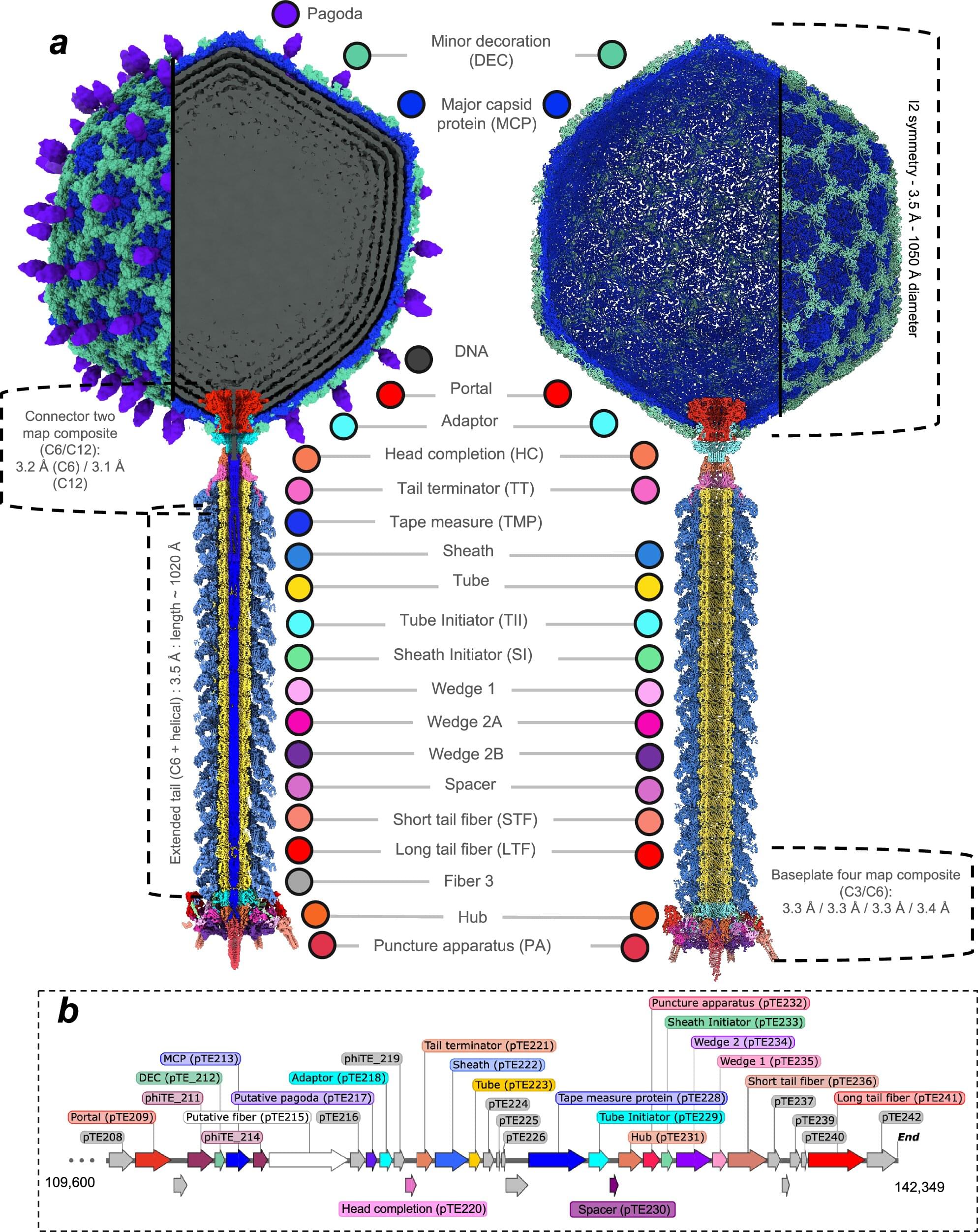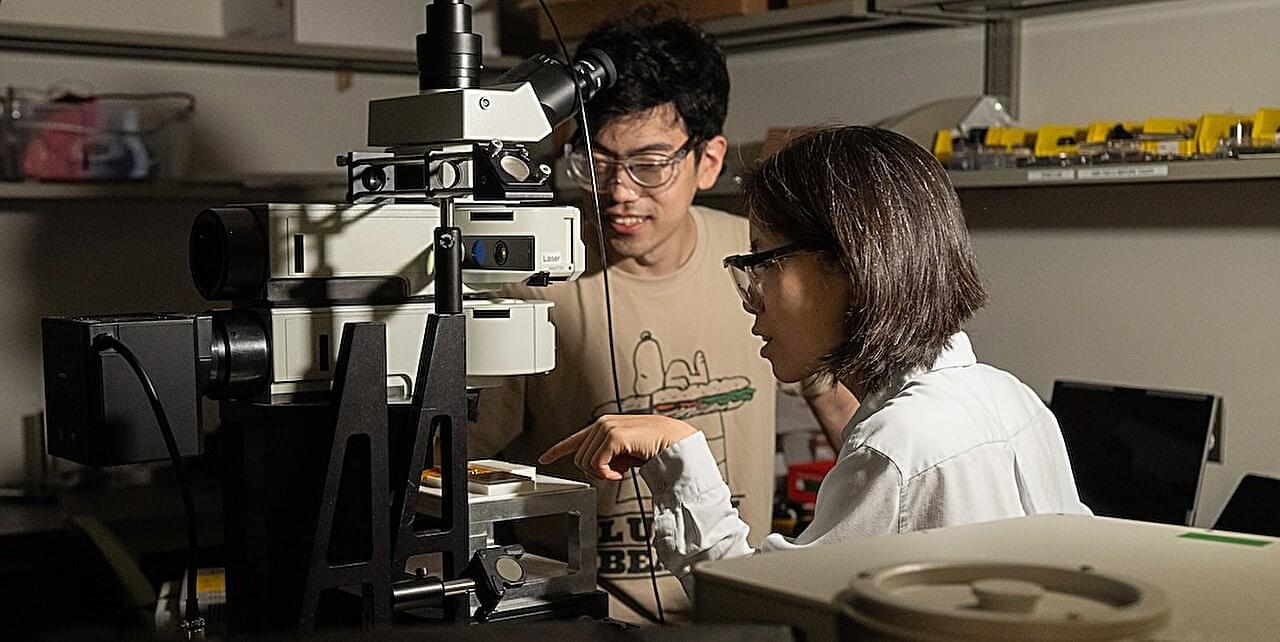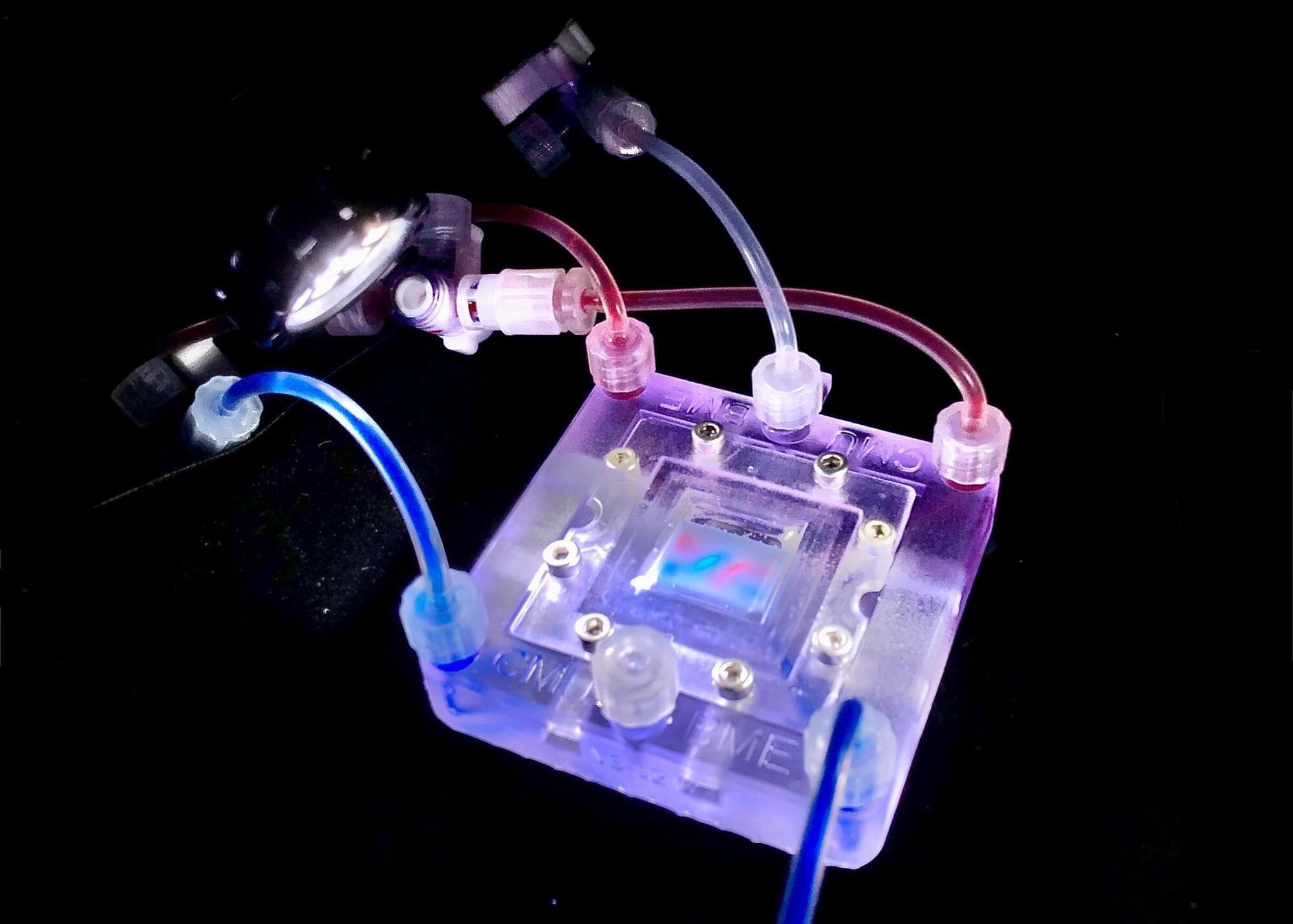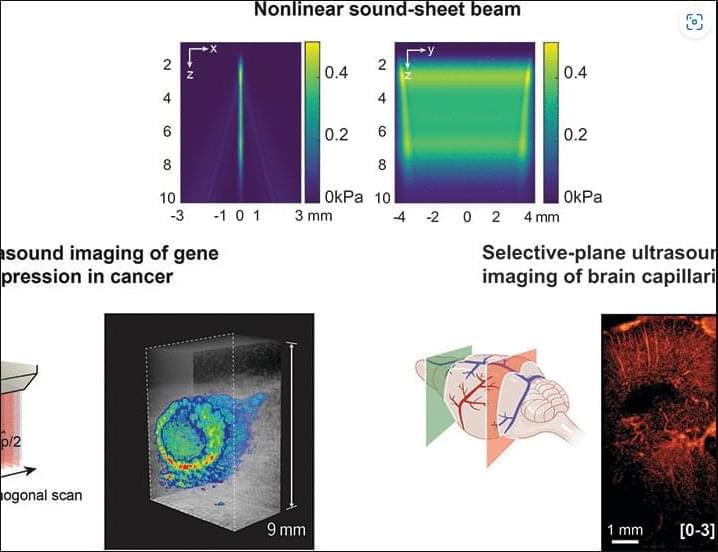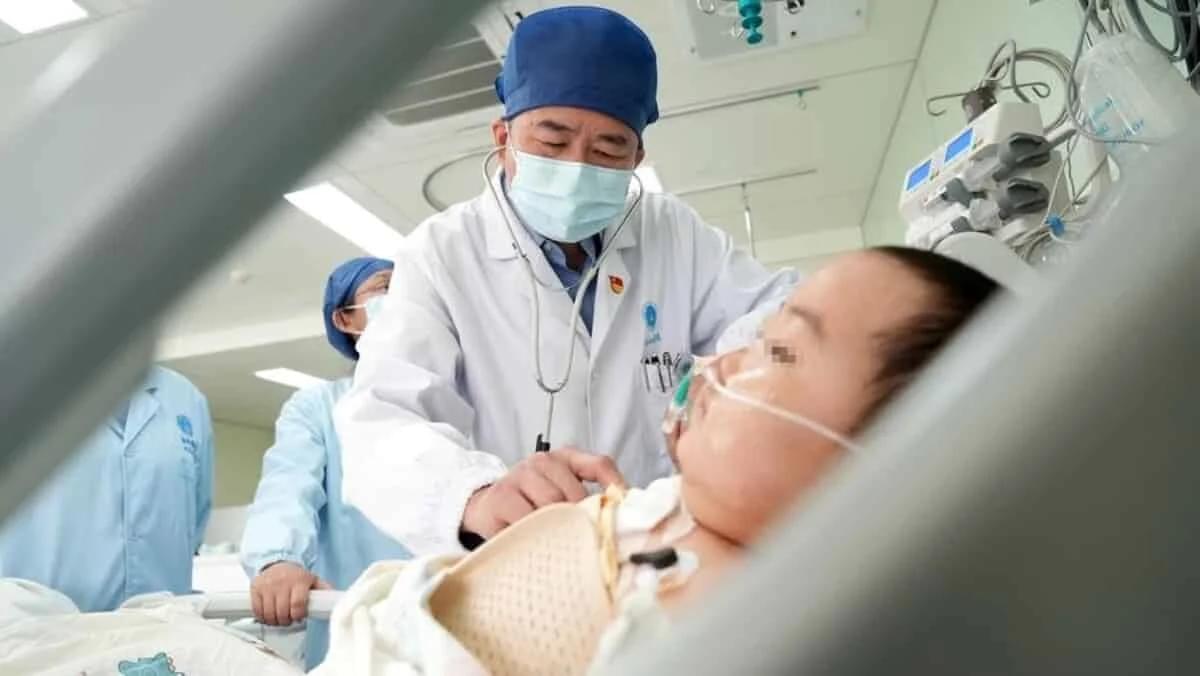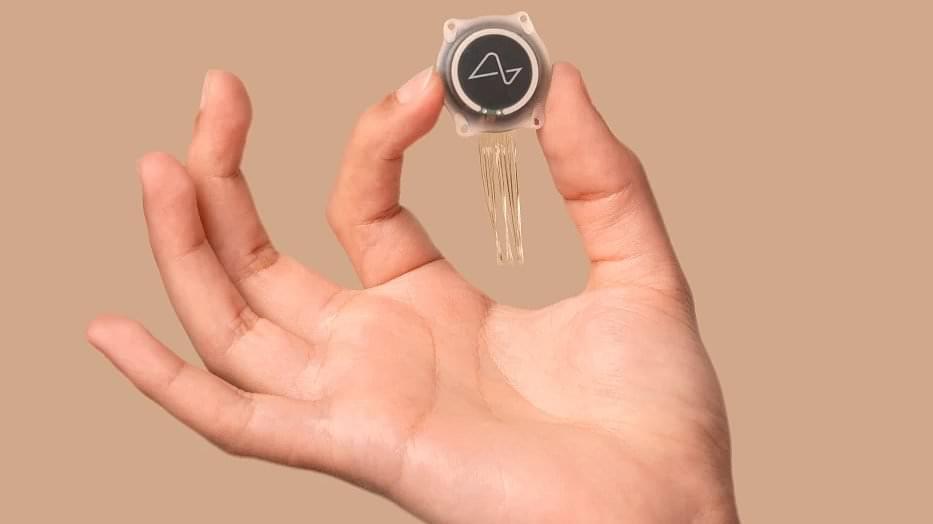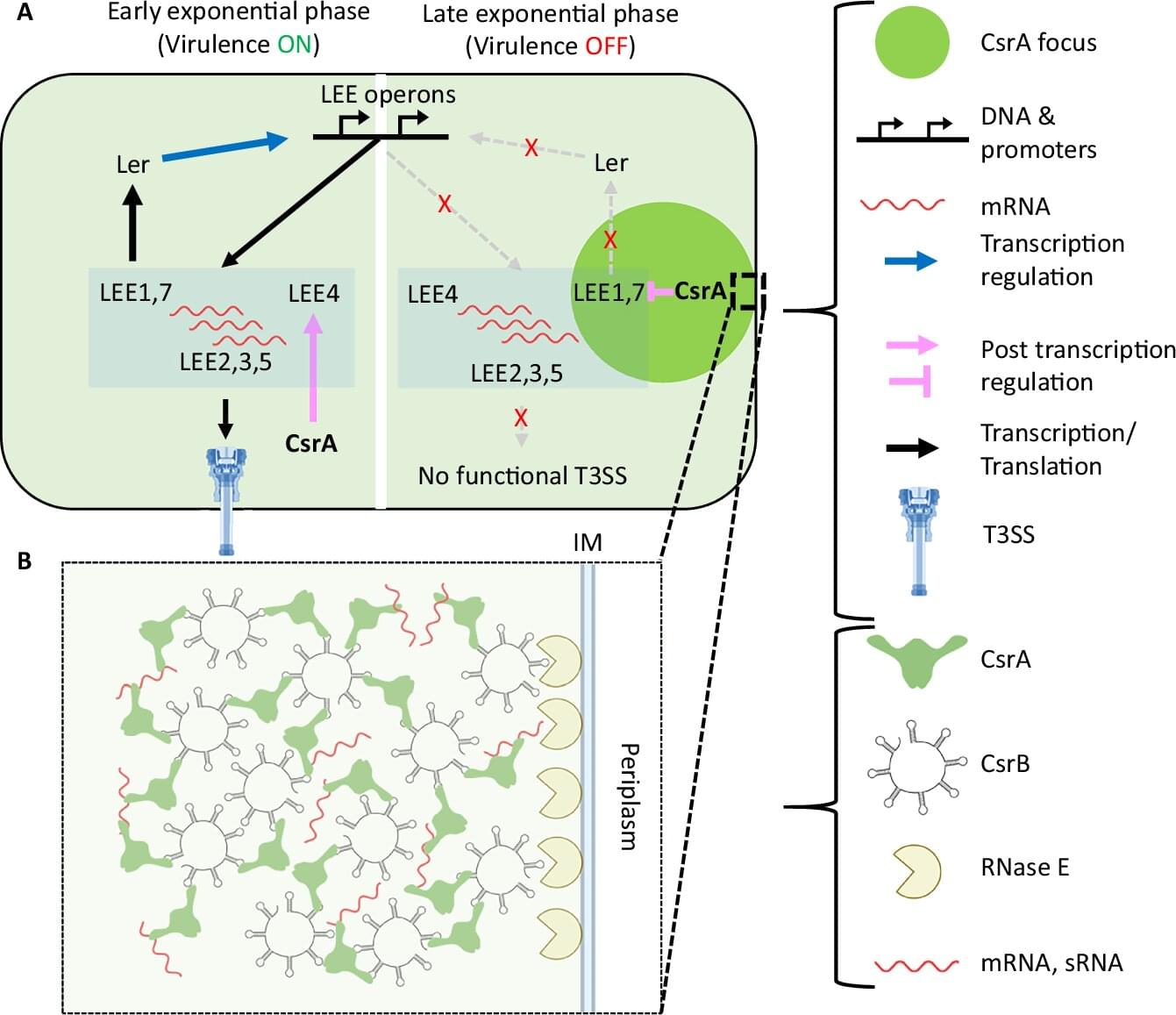In a demographically diverse sample of healthy people, Cornell researchers found dramatic changes over the human lifespan in the brain’s “blue spot”—a tiny region involved in cognition and believed to be the first affected by neurodegenerative conditions including Alzheimer’s disease.
Using specialized MRI scans to measure the intensity of neuromelanin, a pigment that gives the locus coeruleus (LC) its blue color, the research team observed an inverted U-shaped curve that peaked in later middle age before dropping off sharply, a finding that helps characterize healthy aging patterns.
Maintaining a stronger blue signal after age 60 was associated with better cognitive performance, according to the study involving 134 participants aged 19 to 86. Because of the participants’ diversity, including about 40% who were non-white, the researchers also discovered higher peaks among Black participants and women, groups known to be more susceptible to Alzheimer’s.
